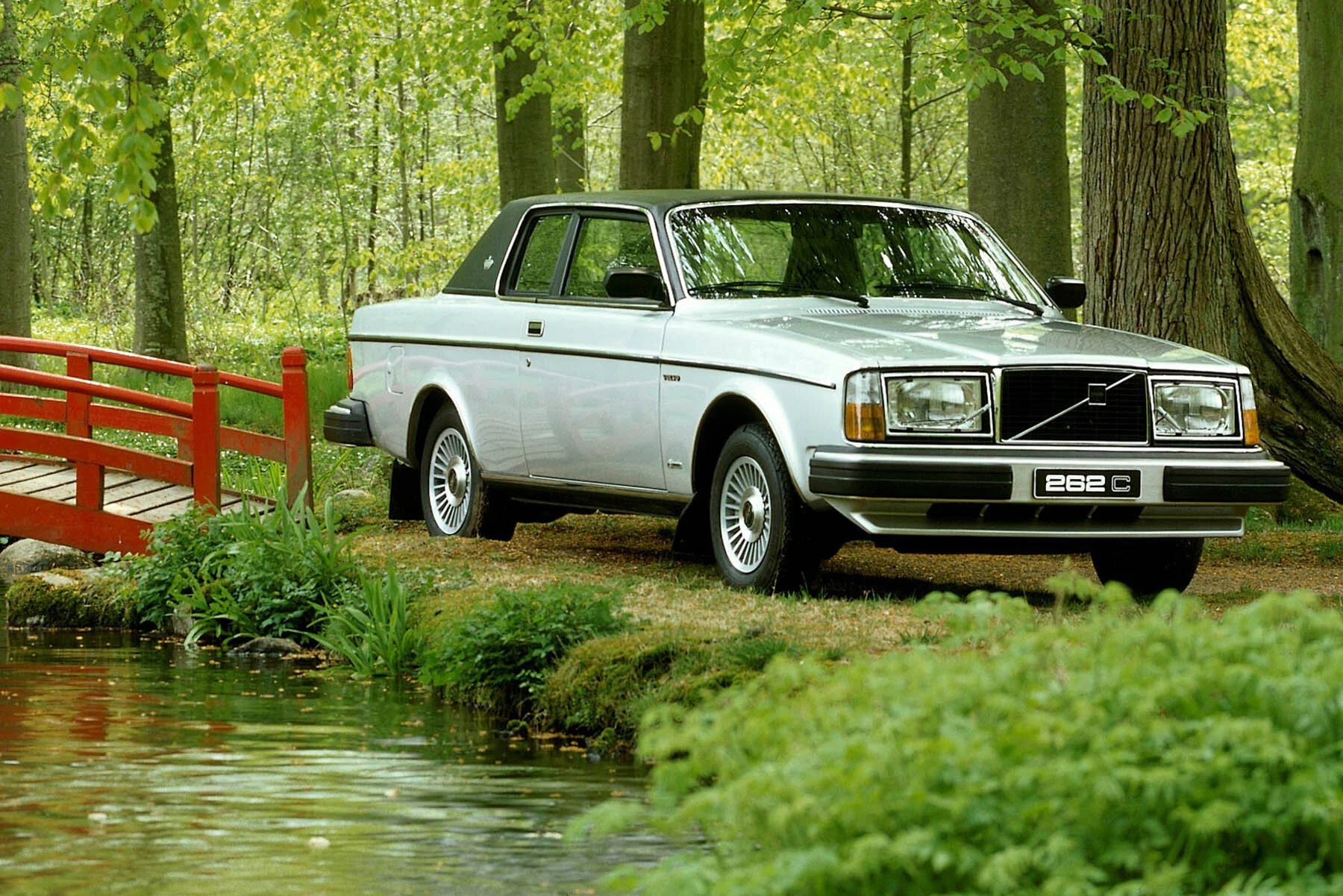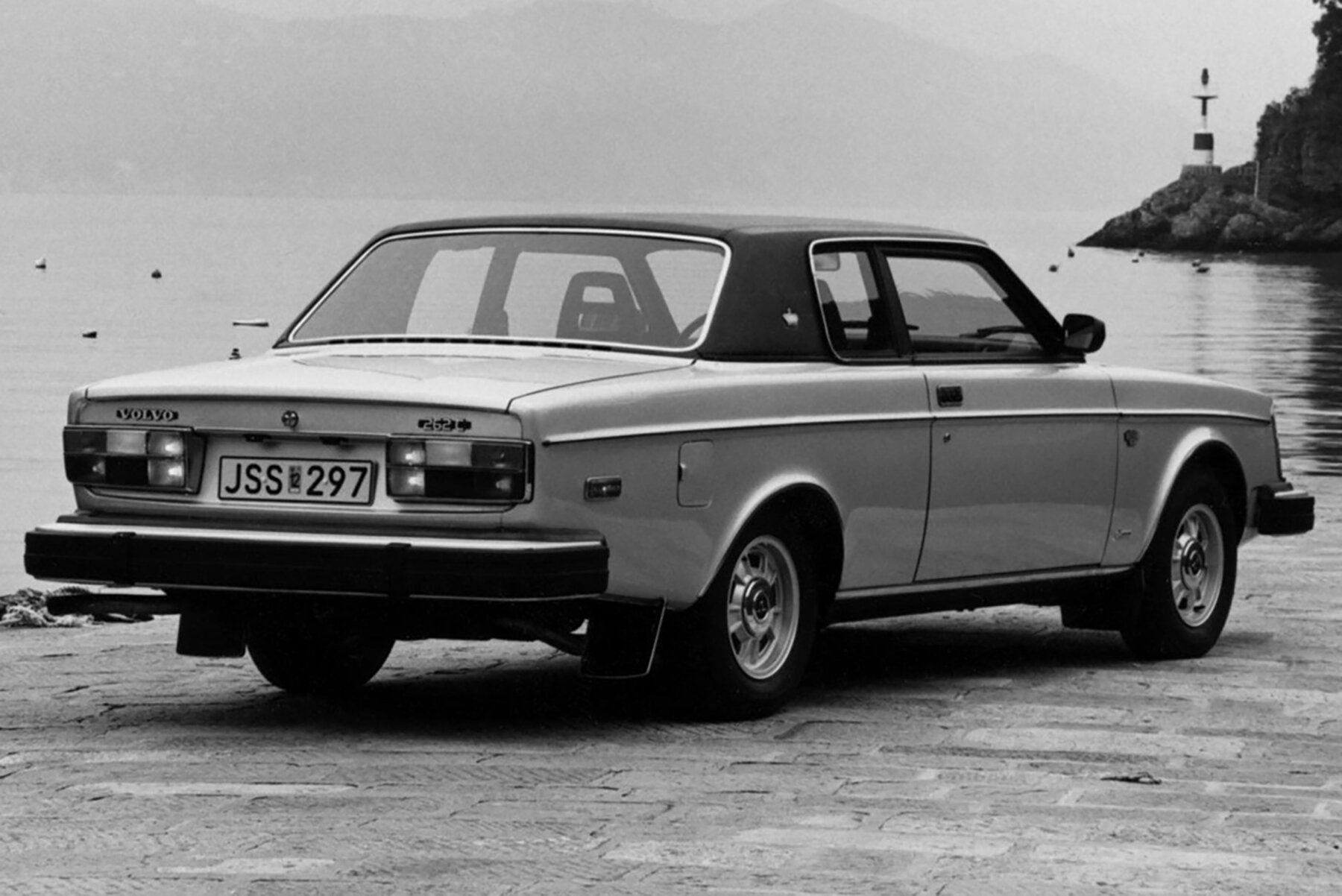Every Monday we’re serving you up a delicious slice of pure postulation. That’s right, once a week we’re using our expertise and passion for the subject to predict what motors are destined for classic car stardom. This week, Parkers finance editor and former Classic Car Weekly news editor, Murray Scullion proposes the Volvo 262C.
An Italian Volvo. That sounds brilliant, right? Penned by an Italian coachbuilder with gusto, and then built by a Swede using granite and armour - it almost seems too good to be true. And it is - because the Volvo 262C was in fact penned by Volvo in Sweden and built by Bertone in Italy.
Amazingly, despite David Bowie owning one (which was sold by Oldtimer Galerie Toffen in Switzerland for £160,000 in 2016), the general public thought making desirable cars was a step too far and that Volvo should stick to building estates. But now, the 262C is a desirable and rare classic that deserves your attention.
Volvo 262C: History
The conception of the Volvo 262C has a story to it that may or may not be true - something you’ll find in most classic cars. Apparently in the 1970s, Volvo had such advanced factories, other companies would visit Sweden to learn from the company. One day Ford visited, and brought along a Lincoln Continental Mark IV.
Volvo bosses were so impressed with the design and ethos behind the car, they wanted to take a crack at the American market with a similar ‘Personal’ coupe - thus the 240-Series-based 262C was born. Volvo’s chief designer Jan Wilsgaard was the man responsible for the chopped roof and huge C-pillars, along with a crown emblem - Sweden’s national symbol.
The 140bhp 2.7-litre PRV V6 was the only engine deemed befitting of the slinky coupe. While Bertone in Turin was tasked with assembling the car because it was already building the 264TE limousine. Its first public outing was at the Geneva Motor Show in March 1977.
Initially only available in silver metallic with a black vinyl roof, after a few years it was available without the vinyl roof, and in gold colour. Sales stopped in 1981. It was replaced by the 780 Bertone in 1985 - which was both designed and built by the carrozzeria.
Volvo 262C: Rarity
Volvo’s aim was to make 800 262Cs per year - but demand was much much higher than anticipated. Production figures were double what was forecast (except for 1977, the year of its launch). By the time the final car left Turin in 1981 6622 cars were built. None officially came to the UK - but they were sold in Japan - so there are right-hand drive models for sale.
Official UK stats are therefore very hard to judge. According to howmanyleft in the Q2 of 2020 there were two 262Cs on the road and six on SORN. How many might be registered incorrectly - who knows?
Why should you care?
Super rare and nigh-on bespoke - but with an unmistakable-hint of Volvo about it. The 262C appeals to those who know and recognise what a cool car it is. Its looks are the most controversial part. The 262C’s design aged quickly, becoming antiquated rather than classic for the time.
But Swedish design has really come full circle in the last decade or so - as has the 262C. Just look at that vinyl roof. Not content with merely adding this symbol of style, Bertone also lowered the standard Volvo 262C’s top by 60mm. Then there’s the inside. There’s leather seats, leather door cards, and even a leather headlining.
It’s obviously not the last word in dynamics, but there is at least the option of a four-speed manual with overdrive. While the PRV engine is also a known quantity - with lots of specialists out there to help you with. If you want the cheapest model you’ll probably have to venture to Sweden, Germany, or the Netherlands. Prices range from £6000 for tired cars, to £12,000 and above for pristine ones.
Right-hand drive cars that have already made their way over from Japan to the UK will set you back more.
The CCfS Classic Car Prediction
Despite being from the 1970s, the 262C has often been overlooked on the classic front. Things are very much changing, for the better. With 2021 now looking like a more promising year for shows, we imagine most of your workaday classic car events would allow the 262C in, even if some people think of it merely as a two-door Volvo.
Modern Classic shows are a safe bet too - many would find anything with a vinyl roof too good to turn down.
High-end shows will take a couple of years to cotton on sill, but we reckon they’ll come around.


